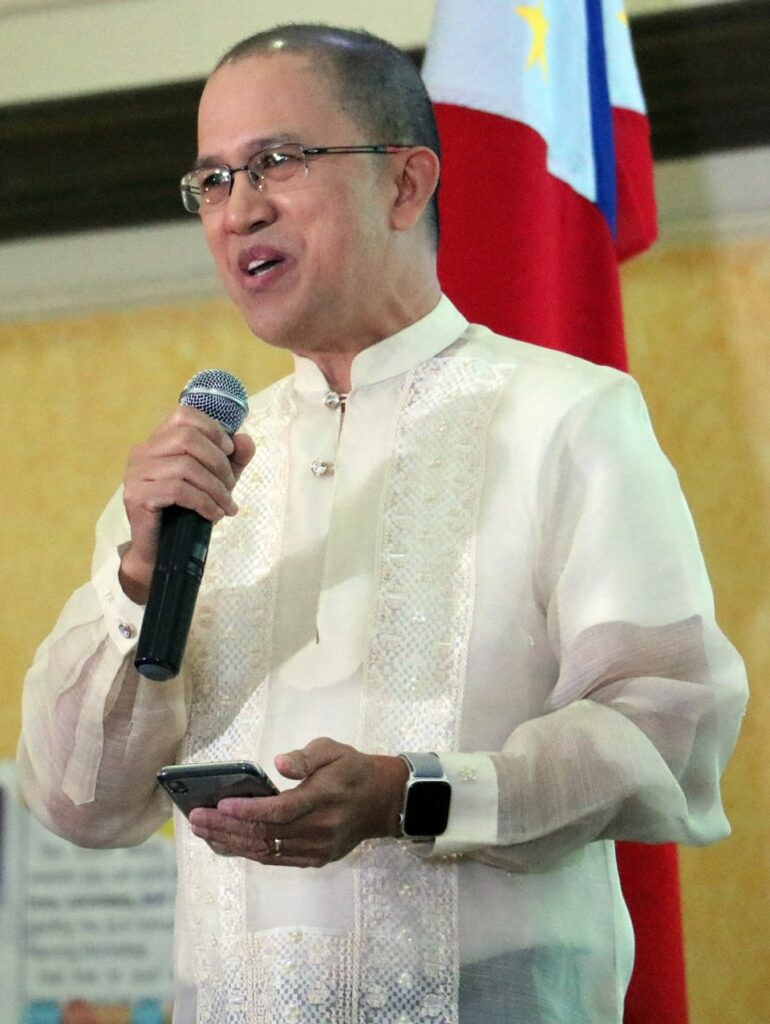
BY LEANDER C. DOMINGO
The Southeast Asian Regional Center for Graduate Study and Research (Searca) is optimistic the country’s agriculture sector will register positive growth this year.
“While we have noted a contraction in the livestock sector due to the continuing onslaught of the African swine fever, positive growth could also be noted in the fishery and crop sectors,” Searca Director Glenn Gregorio said.
According to the Philippine Statistics Authority, the Philippine agriculture sector contracted by 3.3 percent in the first quarter of 2021.
Gregorio said the fishery sector shows promise, but more integrated infrastructure support is needed to support growth of the sector.
“We have again noted the positive growth in the fishery sector that could be further maximized with improved logistics and transport systems to increase the competitiveness of the sector,” he said.
Gregorio also said there is a need to enjoin the private sector to invest in cold storage facilities.
“We believe that this need is very urgent given that the fishing communities remain among the most impoverished sectors in the country,” he added.
Searca also noted that while natural hazards and other disruptions are becoming commonplace, there is a need to transform the agriculture sector into resilient systems.
“Given the significant impact of typhoons and floods to the crop sector as experienced in 2020 or even in the years prior, we are joining the chorus on the need for more resilient agricultural farming systems,” Gregorio said.
He said this requires an increased percentage of Filipino farmers having internalized a decision-support system that would make them more agile and effective in responding to natural hazards and other potential external disruptions like the Covid-19 pandemic.
These include improved access to climatic and weather data, stress-tolerant crop varieties, good agricultural practices, crop insurance system, extension system and modern technological support, and innovative financial capital, Gregorio added.
Searca also said livestock and poultry sectors need systemic and long-term interventions to make them sustainable.
He explained that as threats like the Covid-19 pandemic and a string of zoonotic diseases persist, Searca sees the need for a more comprehensive evaluation using One
Health/EcoHealth framework to operationalize how the livestock and poultry sector could achieve its triple bottom line: profit, people and planet.
He said support is specifically needed for improved access to better surveillance systems, integrated biosecurity measures, and technology-based operating systems (i.e., tunnel-vent technology), among others.
“To further induce this, we call on the consumers to be more aware and supportive of livestock and poultry products that observed higher quality standards,” Gregorio said.
